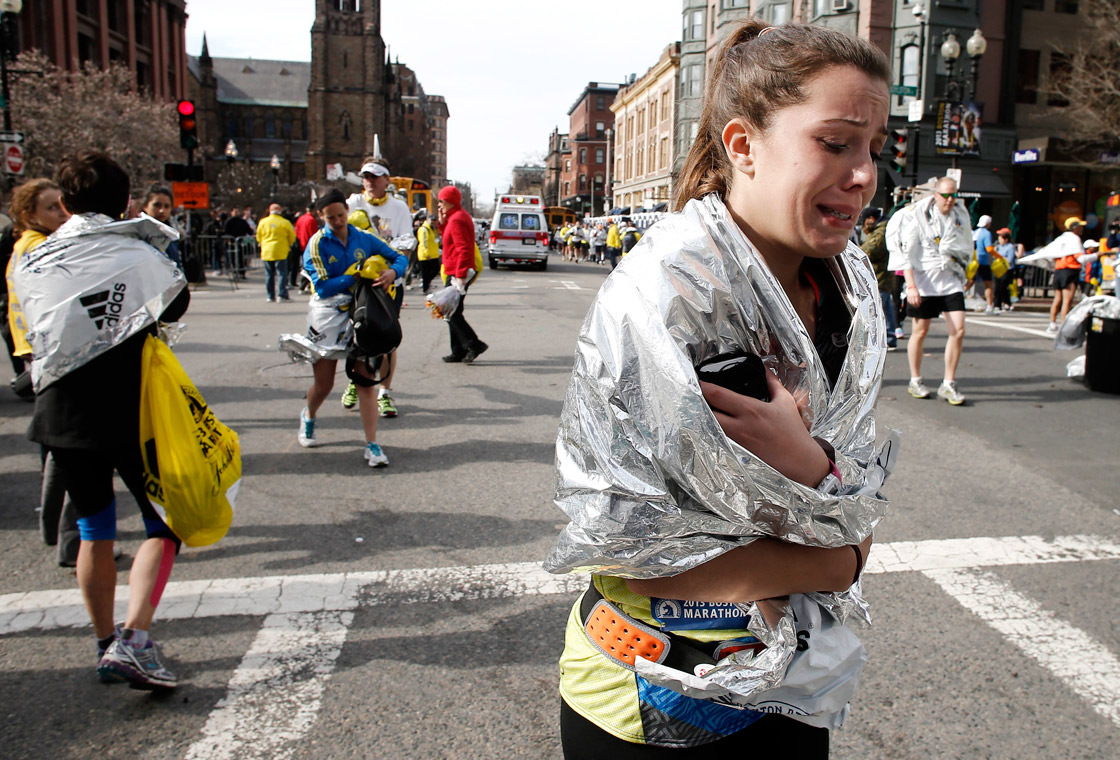TORONTO – Those looking to support families affected by the Boston Marathon may want to tread carefully before making donations online.

Mere hours after news broke that two explosions had been set off near the finish line of the Boston Marathon Monday, more than 120 domain names related to the Boston Marathon bombing had been registered, according to a report by domain name news site TheDomains.
According to licensing information accessed by TheDomains, the websites – some with names such as “bostonmarathonrelief.com” – are not owned by licensed and regulated charities but by individuals, raising concerns about their validity.
“While we don’t know every registrant’s intention, we do know historically that many of the domain names registered immediately after were done to get traffic and make money parking domains or worse,” wrote Michael Berkens of TheDomains.
“While many of the domains were registered under privacy some of the registrants were brave enough (or stupid enough) to put their name as the registrant of these domains.”
The report alleges that of the websites that appear to be geared toward victim relief “bostonmarathonvictimfund.com,” “bostonmarathonvictimsrelieffund.com,” and “Bostonrelief2013.com” were all registered to individuals.
Other websites that appeared to be donation or charity sites were registered with privacy restrictions that prevent the owner of the domain from being identified.
This is not the first incident of allegedly fraudulent fundraising attempts following the Boston explosions.
- 2021 heat dome fuelled by climate change, intensified wildfire risk: study
- B.C. introduces legislation recognizing Haida Gwaii Indigenous title
- Whale experts confident B.C. orca calf will survive, find family if rescue plan succeeds
- Plastic production cap still contentious as Ottawa set to host treaty talks
A Twitter account asking for re-tweets to collect donations for victims of the Boston Marathon explosions was suspended soon after the explosions due to reports that the account was fake.
“For every retweet we receive we will donate $1.00 to the #BostonMarathon victims #PrayForBoston,” read the tweet sent by the Twitter account @_BostonMarathon on Monday.
“Tragedies inspire people to give; but, tragedies – whether natural disasters or manmade catastrophes – also inspire scammers to take advantage of that generosity,” H. Art Taylor, head of the Better Business Bureau’s Wise Giving Alliance, said in a press release Tuesday.
“Social media, in particular, makes it very easy to reach a lot of people quickly, when emotions are running high and people feel the need to take action, any action, to help.”
The organization warns users never to click on links to charities on unfamiliar websites, or from spam emails as these scams may lead users to “lookalike” websites that trick the user into providing financial information.
The bureau also cautions users about trusting charity recommendations on Facebook, blogs and social media, as they may not be a registered charity.
As ersatz charities proliferate, multiple postings of Boston Marathon memorabilia have surfaced on eBay since the bombing.
A search for “Boston Marathon 2013” on the online bidding site reveals 283 results. While most of the listings show t-shirts and running apparel, there are multiple listings of marathon medals and newspapers documenting the aftermath of the bombing.
Though some of the listings include “Pray for Boston” t-shirts, it is unclear whether the users are donating funds to charity.
In a statement to Global News eBay said they will monitor the listings to ensure users are not attempting to profit from human tragedy or suffering.
“Out of respect for victims, eBay does not allow listings that graphically portray, glorify or attempt to profit from human tragedy or suffering. eBay¹s teams are monitoring related listings to ensure they comply with our policies and also taking into account reports from our community members,” an eBay spokesperson told Global News.
“When a listing is brought to our attention that may go against our guidelines, we carefully consider the context and all of the details, and decisions to remove items are made on a case-by-case basis.”





Comments